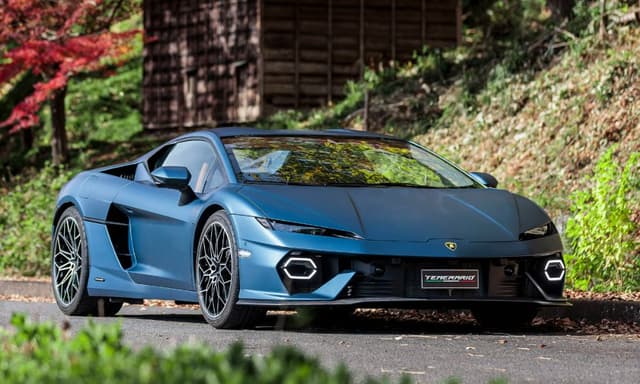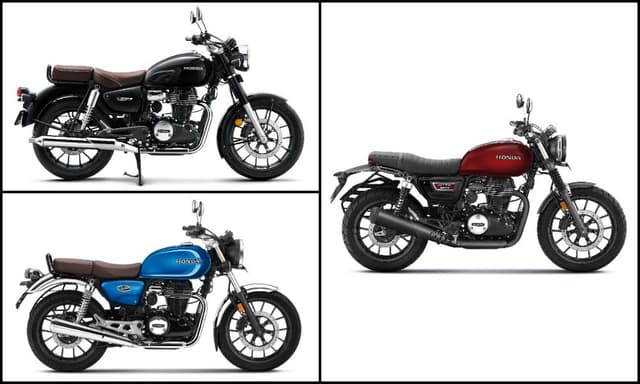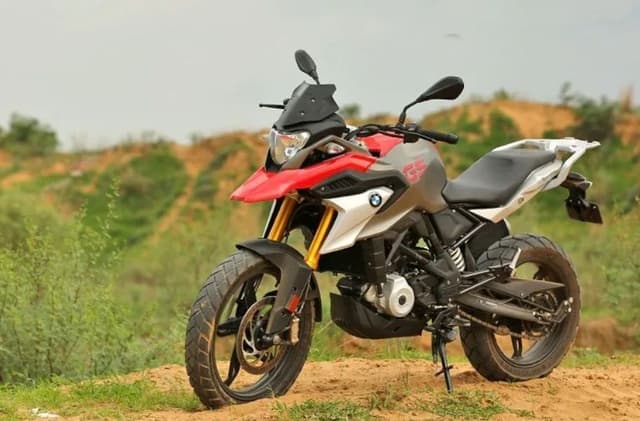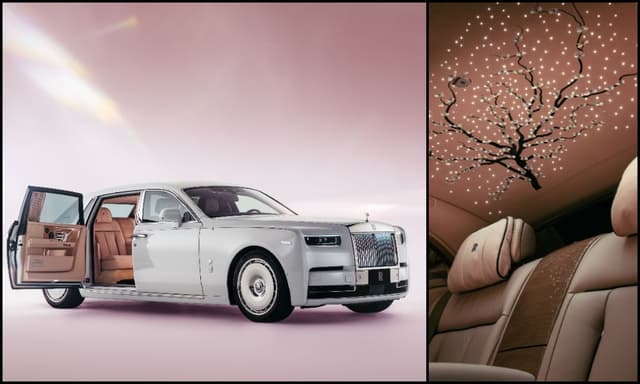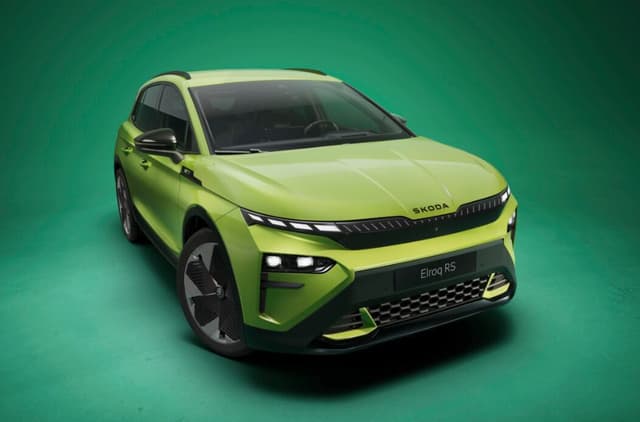Lamborghini Huracan Evo Revealed; Gets More Power

Highlights
Automobili Lamborghini has finally revealed the Huracan Evo. Based on the prowess and performance of the Huracan Performante, the Evo incorporates next-generation vehicle dynamic control and aerodynamics. The Huracan Evo gets a new front bumper which gives the car a low profile and assures aerodynamic efficiency via the front splitter with integrated wing. The enlarged air intakes feature the Ypsilon shape that we've seen in many a Lamborghinis. On the side, the Huracan Evo features hexagon design references in the windows, the new wheel design and around the new side air intakes.
At the rear, the Huracan Evo reflects the wide, open, naked rear seen in its race-car brother, the twin outlets of the new sports exhaust system are positioned high up in the car's rear bumper. At the upper end of the tail an integrated, slotted spoiler provides enhanced air flow. The company has even shaped the underbody maximise aerodynamic efficiency. This aerodynamic styling improves downforce and aerodynamic efficiency more than five times over the first generation Huracan, according to the company.

The company has even shaped the underbody of the Huracan Evo maximise aerodynamic efficiency.
Stefano Domenicali, Chairman and Chief Executive Officer of Automobili Lamborghini said, "Lamborghini is intent on leading the advance to the highest level of super sports car technologies and driving emotion. This is the essence of the new Huracan EVO. It takes the extraordinary abilities of the Huracan Performante and combines state-of-the-art vehicle dynamic control to amplify the everyday Huracan driving experience. The Huracan EVO is the very definition of evolution: it is a step ahead, redefining the segment parameters. It is remarkably easy to drive, while delivering the most responsive, sensory and agile driving experience, in every environment."

Hexagonal shapes adore the sides of the Lamborghini Huracan Evo, keeping in touch with the company's DNA
Under the hood the Huracan Evo features the 5.2-litre naturally-aspirated V10 engine, uprated to produce higher power output and puts out 630 bhp at 8,000 rpm with 600 Nm of torque delivered at 6,500 rpm. With a dry weight of 1,422 kg the Huracan EVO reaches a weight-to-power ratio of 2.22 kg/hp. The supercar accelerates from 0-100 kmph in 2.9 seconds and from 0-200 kmph in just 9 seconds. Braking from 100 kmph to 0 is achieved in just 31.9 m, with a top speed of more than 325 kmph.
The Huracan Evo features new Lamborghini rear-wheel steering and a torque vectoring system working on the four wheels, while at the heart of the car is the new feature of Lamborghini Dinamica Veicolo Integrata (LDVI): a Central Processing Unit that controls every aspect of the car's dynamic behaviour, fully integrating all of the car's dynamic systems and set-up to anticipate the next move and needs of the driver, interpreting this into perfect driving dynamics.
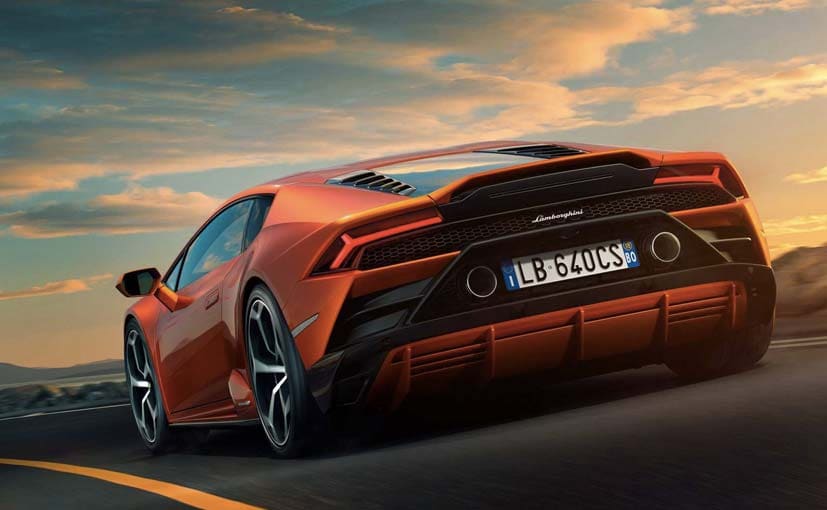
The Lamborghini Huracan Evo sees twin outlets of the new sports exhaust system positioned high up in the car's rear bumper
Lamborghini Piattaforma Inerziale (LPI), a comprehensive set of accelerators and gyroscope sensors placed at the car's centre of gravity, has been enhanced to version 2.0. With improved precision, it monitors in real-time the dynamic vehicle attitude regarding lateral, longitudinal and vertical accelerations, as well as roll, pitch and yaw rate. The magneto rheological suspension, upgraded to version 2.0, instantaneously adapts the damping following inputs from the LPI. A new advanced traction control system together with enhanced all-wheel drive and torque vectoring, allows traction to be directed to a single wheel as required.

Inside, the Lamborghini Huracan Evo comes with Apple Carplay with smartphone connectivity
The Huracan now gets an 8.4-inch HMI capacitive touchscreen, located in the centre console just above the start button which puts connectivity at the driver's fingertips, with multi-finger gesture control. Governing car functions including seats, climate and the status of the LDVI system in real-time it also puts all infotainment, such as Apple CarPlay with smartphone integration, at the cabin occupants' disposal. A multimedia system incorporates connected navigation and entertainment including web radio and video player. The interface allows voice commands and puts the driver in touch with Siri. An optional dual-camera telemetry system is also offered via the touchscreen, allowing telemetry recording and analysis.
Priced at $261274 (approximately Rs. 1.8 crore) we expect India to get the Huracan Evo very soon. The Huracan Evo already has its sets of customers and deliveries for the first orders will begin from March 2019.
Related Articles
Latest News
Research More on Lamborghini Huracan
Popular Lamborghini Models
 Lamborghini HuracanEx-Showroom Price₹ 3.22 - 4.61 Crore
Lamborghini HuracanEx-Showroom Price₹ 3.22 - 4.61 Crore Lamborghini Huracan STOEx-Showroom Price₹ 4.99 Crore
Lamborghini Huracan STOEx-Showroom Price₹ 4.99 Crore Lamborghini Huracan EVO RWD SpyderEx-Showroom Price₹ 3.54 Crore
Lamborghini Huracan EVO RWD SpyderEx-Showroom Price₹ 3.54 Crore Lamborghini UrusEx-Showroom Price₹ 4.18 - 4.22 Crore
Lamborghini UrusEx-Showroom Price₹ 4.18 - 4.22 Crore Lamborghini Urus SEEx-Showroom Price₹ 4.57 Crore
Lamborghini Urus SEEx-Showroom Price₹ 4.57 Crore Lamborghini RevueltoEx-Showroom Price₹ 8.89 Crore
Lamborghini RevueltoEx-Showroom Price₹ 8.89 Crore
